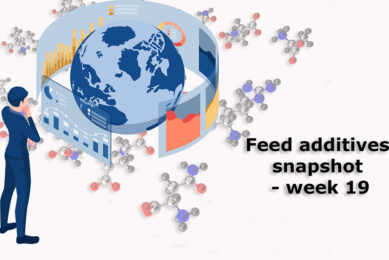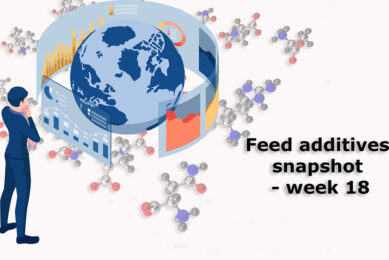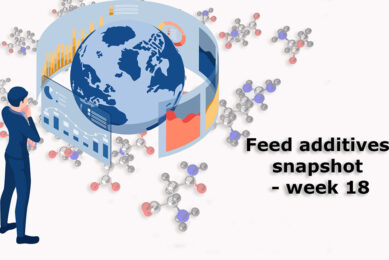Resistance against performance enhancers
Developing nations cannot afford a total ban against traditional animal performance enhancers. For livestock producers in developing countries to stay competitive, their production of animal derived food products needs to stay competitive, especially since cheaper and often-subsidised imported products are becoming more of an economic threat to these producers.
The influence of the US biofuel industry on global grain prices and other feed commodities further contributed significantly to the immense pressure on current livestock production and food prices.
Many additives that improve the performance and health status of animals have been banned for a while in especially developed countries and their use is heavily debated by others where they are still allowed.
Although one can debate the merits for such actions, often without solid scientific connections, the reality is that a ban has the support of mainly upper class consumer groups influenced heavily by the media and popular press articles and as such is readily endorsed by supermarkets.
The question is often asked whether the supermarket’s view is really one of consumer health concern or rather for financial benefit.
Is it good business practise to piggy bag on the emotions of your customers to gain their confidence and support? However, one would then question why the same supermarkets even provide a choice to consumers if their well being is of such concern.
Cheap vs. critisism
The South African animal feed industry’s responsibility to address important issues on a continuous basis is quite evident to ensure that it adheres to the challenges it’s facing in achieving its goal to efficiently produce safe animal feed to contribute to the production of cost effective, consumer friendly and safe food.
At the same time we are part of a developing community where we face different social, political and environmental conditions compared to most developed continents, whose rules and regulations we often want to follow.
That means we need to maintain a balance of producing cheaper but still safe food for a diverse population with great disparities in disposable income, and still manage the increased criticism from more demanding consumers on what we do and how we go about our business.
Emotions vs. science
It remains essential that emotions of non scientific and often more wealthy and minority communities should not solely dictate sound scientific decision making processes and reasoning.
A total ban requested by such communities on traditional performance enhancing additives will add to food costs through poorer growing efficiency and increased stress and disease levels in animals.
In many ways it is believed that such additives could be the only way of still producing cost effective food in developing countries. If consumers or supermarkets are prepared to pay premiums for less effectively produced food, it should be their choice and let them do it. Livestock producers will have no problem to produce it for them.
However, in general, sufficient premiums are not paid and therefore it is difficult for livestock producers to justify switching to production practises that involve the production of antibiotic free or more consumer friendly animal products.
Proactive feed industry
Despite this, the feed and livestock industries have however been proactive and took steps to meet the objectives of those that are resistant to the use of specific additives in animal feeds. These strategies mainly involve the use of novel ingredients developed through biotechnology that replace traditional antibiotic performance enhancers, at higher costs though, for those that insist on only purchasing such products.
Finally, for the time being the Department of Agriculture in South Africa deserves a pat on the back for still maintaining the status quo on the use of specific performance enhancers in South African feeds.










